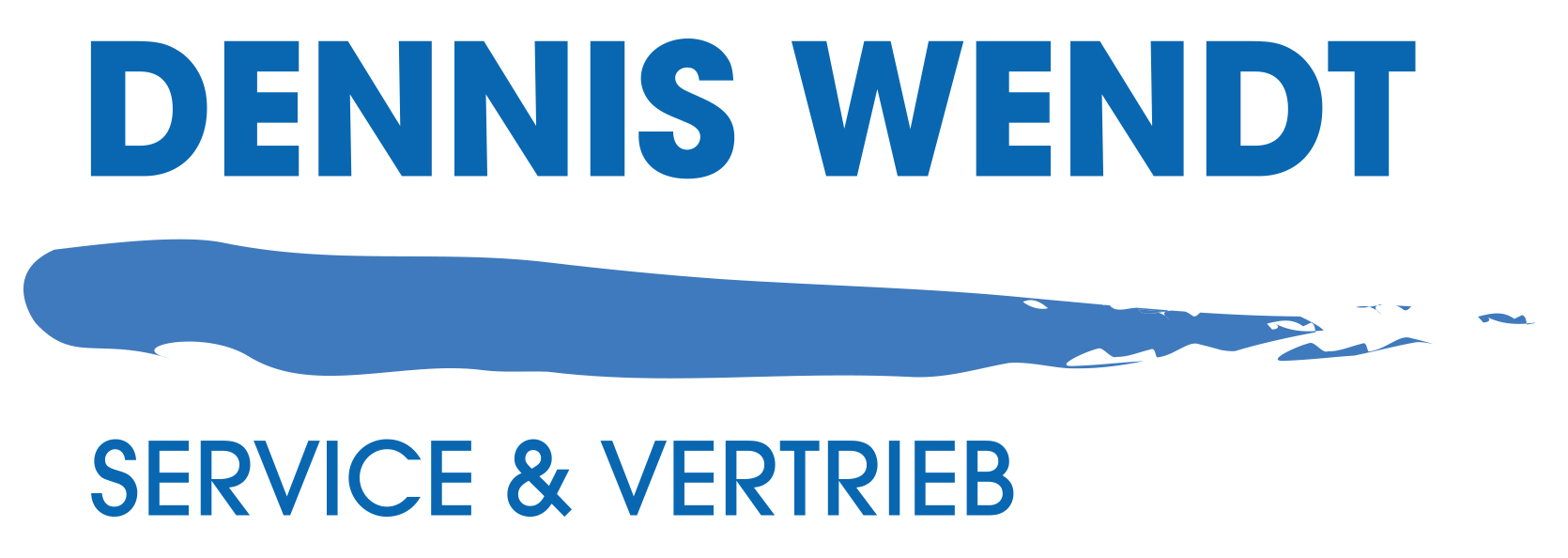The Significance of User Data Protection in the Best Online Gambling Software for Safe Online Casinos
In today’s digital landscape, the significance of user data protection in online gambling software cannot be overstated. Safe online casinos prioritize the safeguarding of users‘ sensitive information, ensuring that gamblers can enjoy their experiences without the fear of data breaches or fraud. With rising concerns over privacy violations, implementing robust data protection measures has become a cornerstone of reputable online gambling platforms. This article will explore the importance of user data protection in the realm of online casinos, highlighting effective strategies and key components that make a safe gaming environment.
Understanding User Data in Online Gambling
User data in online gambling encompasses a wide range of personal information that players provide upon registering with a casino platform. This can include financial details, identity verification documents, and gameplay history. The sensitive nature of this data necessitates stringent protection measures, as the consequences of data breaches can be devastating not only to users but also to the casino’s reputation. Key aspects of user data in online gambling include:
- Personal Information: Names, addresses, email contacts, and phone numbers that are essential for account creation and communication.
- Financial Data: Banking information, credit card details, and transaction histories that are crucial for deposits and withdrawals.
- Gameplay Data: Records of bets, wins, losses, and other interactions that inform user experience and platform improvements.
By fully understanding and managing user data, online casinos can fortify their security measures to create a safer gambling environment.
Legal and Ethical Obligations of Online Casinos
Online casinos operate under strict legal frameworks and industry standards that mandate the protection of user data. Regulations such as the General Data Protection Regulation (GDPR) in the EU impose stringent rules regarding how data is collected, stored, and utilized. Compliance with these regulations is not just a legal obligation but also an ethical commitment to users. By adhering to these measures, online casinos can build trust and demonstrate their dedication to user welfare. Some critical legal and ethical considerations include: best online casino
- Ensuring transparency in data collection practices.
- Obtaining explicit consent from users for data usage.
- Implementing measures for data minimization, collecting only what is necessary.
- Providing users with the right to access, rectify, or delete their data.
By meeting these legal requirements and ethical standards, online casinos not only protect their users but also enhance their legitimacy in the market.
Implementing Robust Security Measures
The implementation of robust security measures is essential for online casinos to protect user data from potential threats. With the prevalence of cyber-attacks, online gambling platforms must adopt multi-layered security systems to shield against various forms of breaches. Some effective measures include:
- Encrypted Connections: Utilizing Secure Socket Layer (SSL) technologies to ensure that all data transmitted between users and the casino’s servers is encrypted.
- Two-Factor Authentication (2FA): Requiring additional verification methods during login to add another layer of security to user accounts.
- Regular Security Audits: Conducting periodic reviews and assessments of security protocols to identify vulnerabilities and remediation opportunities.
- User Education: Offering guidance to users on safe gambling practices, including how to recognize phishing attempts and handle their personal data securely.
By adopting these practices, online casinos can significantly mitigate the risks associated with user data protection while enhancing overall user trust.
Monitoring and Responding to Data Breaches
No matter how secure a platform may be, the potential for data breaches still exists. Thus, online casinos must be prepared to respond quickly and effectively to any incidents that may arise. Prompt action not only limits potential damage but also shows a commitment to user safety. A comprehensive incident response plan should entail the following steps:
- Immediate Containment: Quickly isolating affected systems to prevent further data loss.
- Assessment: Identifying the nature and extent of the breach, including the type of data compromised.
- User Notification: Informing affected users about the breach, providing them with guidance on steps to protect themselves.
- Remedial Actions: Implementing changes to prevent future breaches, including updating software and security protocols.
- Post-Incident Analysis: Reviewing the incident to evaluate the response and identify areas for improvement.
By prioritizing monitoring and response strategies, online casinos can effectively manage the implications of data breaches, ensuring user confidence in their protective measures.
Conclusion
The significance of user data protection in best online gambling software cannot be underestimated. It forms the bedrock of user trust and loyalty while acting as a shield against potential legal repercussions. By understanding user data, adhering to legal obligations, implementing robust security measures, and establishing effective response protocols, online casinos can ensure a safe gambling environment for their users. As the industry continues to evolve, maintaining a focus on data protection will be crucial in distinguishing reputable platforms from those that may put user data at risk.
FAQs
1. Why is user data protection crucial in online casinos?
User data protection is crucial because it ensures user security, builds trust, and complies with legal regulations, reducing the risk of data breaches and financial losses for both users and the casino.
2. What types of data are considered sensitive in online gambling?
Sensitive data in online gambling includes personal information like names and addresses, financial data such as credit card details, and gameplay history.
3. How can online casinos ensure compliance with data protection laws?
Online casinos can ensure compliance by implementing transparent data policies, obtaining user consent, and regularly reviewing their data protection strategies according to the latest regulations.
4. What security measures are most effective for protecting user data?
Effective security measures include SSL encryption, two-factor authentication, regular security audits, and user education about safe gambling practices.
5. What should a casino’s incident response plan include for data breaches?
An incident response plan should include immediate containment, assessment of the breach, user notifications, remedial actions, and post-incident analysis to improve future security measures.


Neueste Kommentare